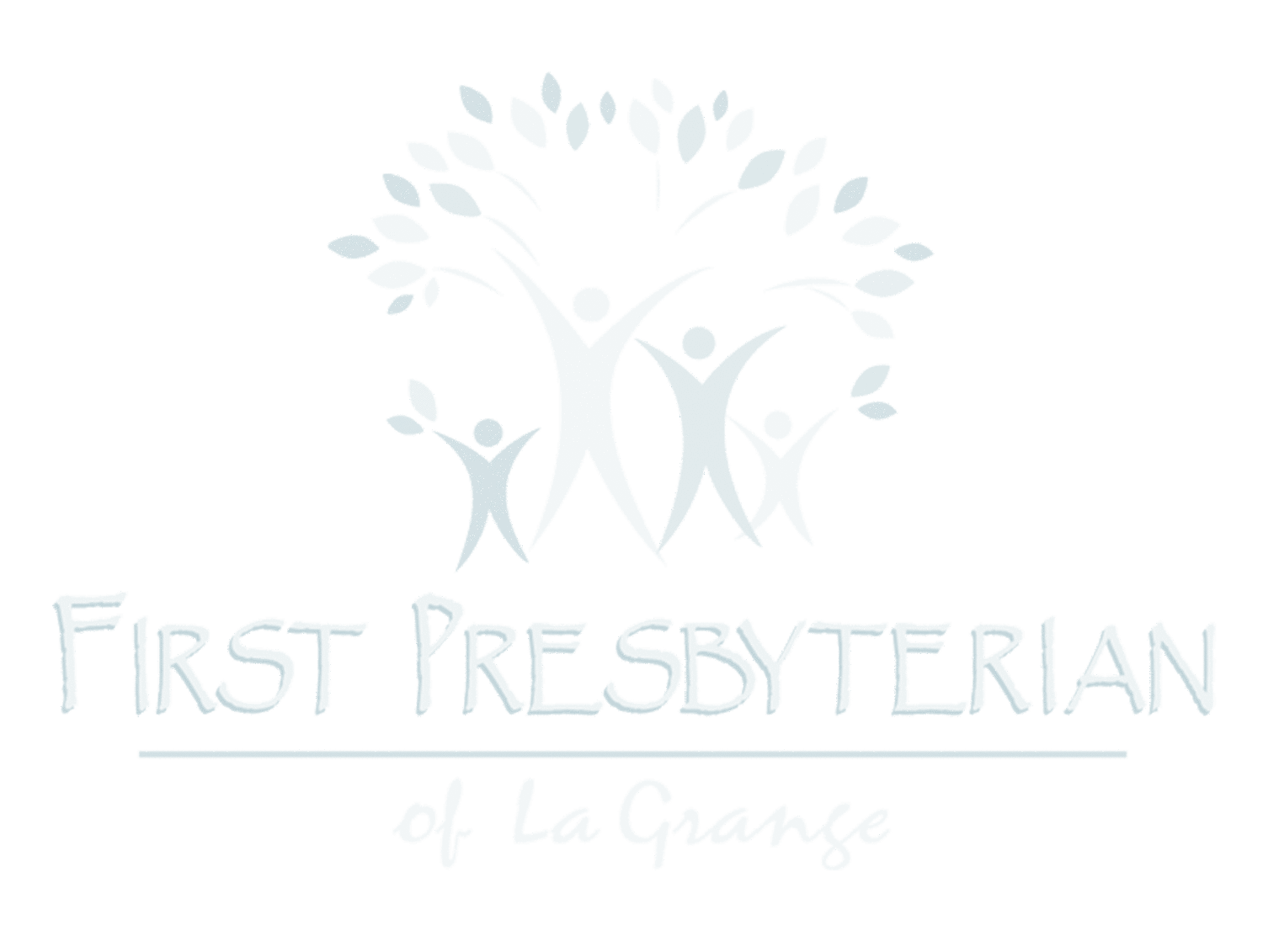Dear Fellow Mortals:
Late morning this past Saturday, I conducted a funeral for the loved ones of a woman who had died of a heart attack but had suffered for the past decade with deteriorating dementia, the tragic symptom of Alzheimer’s disease. I perform several funeral services throughout the year for families with no current church affiliation. Funeral directors call knowing that my services will be non-judgmental and, more importantly, brief.
This particular service was unusual as there were only two in attendance, the deceased’s husband and a very compassionate neighbor. The couple had no children, and they had both been the last surviving members of their immediate families. Outliving cousins and friends, their lives had receded into the cave of isolation that engulfs households preoccupied with memory care. She had died; there was no one else to grieve. Her husband had long been the memory-keeper of better times, their courtship, their family parties, their evenings watching television, their travels—two lifetimes sacredly held in one heart, a heart that will not be beating in too many more years. Inevitably I will receive a call, and the lone neighbor and I will mark his passing with a few prayers and a lowering casket.
It’s so very tempting to rage against the sequence of events that created this picture. They should have reached out, joined a club, gone to church. Others should have reached in, brought her flowers, given her weary husband respite, made a casserole. But introducing those alternative histories so late in the story only serve to make the moment more comfortable for the witnesses, a hedge against having to see this stark picture again.
Standing at a lectern reading Psalms to an audience of two would only amplify the echo of empty chairs. I chose instead to pull three chairs nearer the casket and conversationally inject verses of scripture, words of comfort into the fragmented memories of a husband’s sorrow. At the graveside, blue-shirted groundskeepers bore the casket to the lowering device; they did so with the solemn precision of an honor guard prepared for a dignitary’s final walk. Ashes to ashes, dust to dust, earth to earth, the words are the same regardless of the crowd. I shook a hand, thanked a neighbor for his thoughtfulness and drove away.
Still in a clerical collar, I stopped at a grocery store known for its wide assortment of Middle Eastern herbs and ingredients. The salad Dani was making for the church picnic required a flavor-mix known as za’atar; I figured I could find it there. Completely unable to decipher the Arabic on the spice containers, I finally turned to a fellow customer for assistance. He was a robust man with an impressive, well-groomed, jet-black beard. His wife, covered in her hijab, quietly followed, with their little daughter in a Disney Princess T-shirt dancing in the aisle between them.
“Sir,” I interrupted, “Perhaps you could help me. I’m looking for something called za’atar. Do you know what that is?” A broad smile ran across his face as he reached into his cart, producing a large green box, the word “za’atar” emblazoned in bright yellow letters.
With laughter in his deep voice, “Za’atar is wonderful!” he exclaimed in a thick accent while guiding me two aisles over to an endcap. Pushing the box into my hands he announced, “You will enjoy, very much!”
I thanked him, acknowledging I had found the right man to help. We paused for just a moment, the two of us, wearing the external markers of our religious piety. Worlds apart—yet deeply together. A wild, random encounter driving my heart from stark isolation to undeniable kinship. We are, none of us, alone.
Discovering odd connections in a clergy shirt, I remain
With Love,
Jonathan B. Krogh
Your pastor

